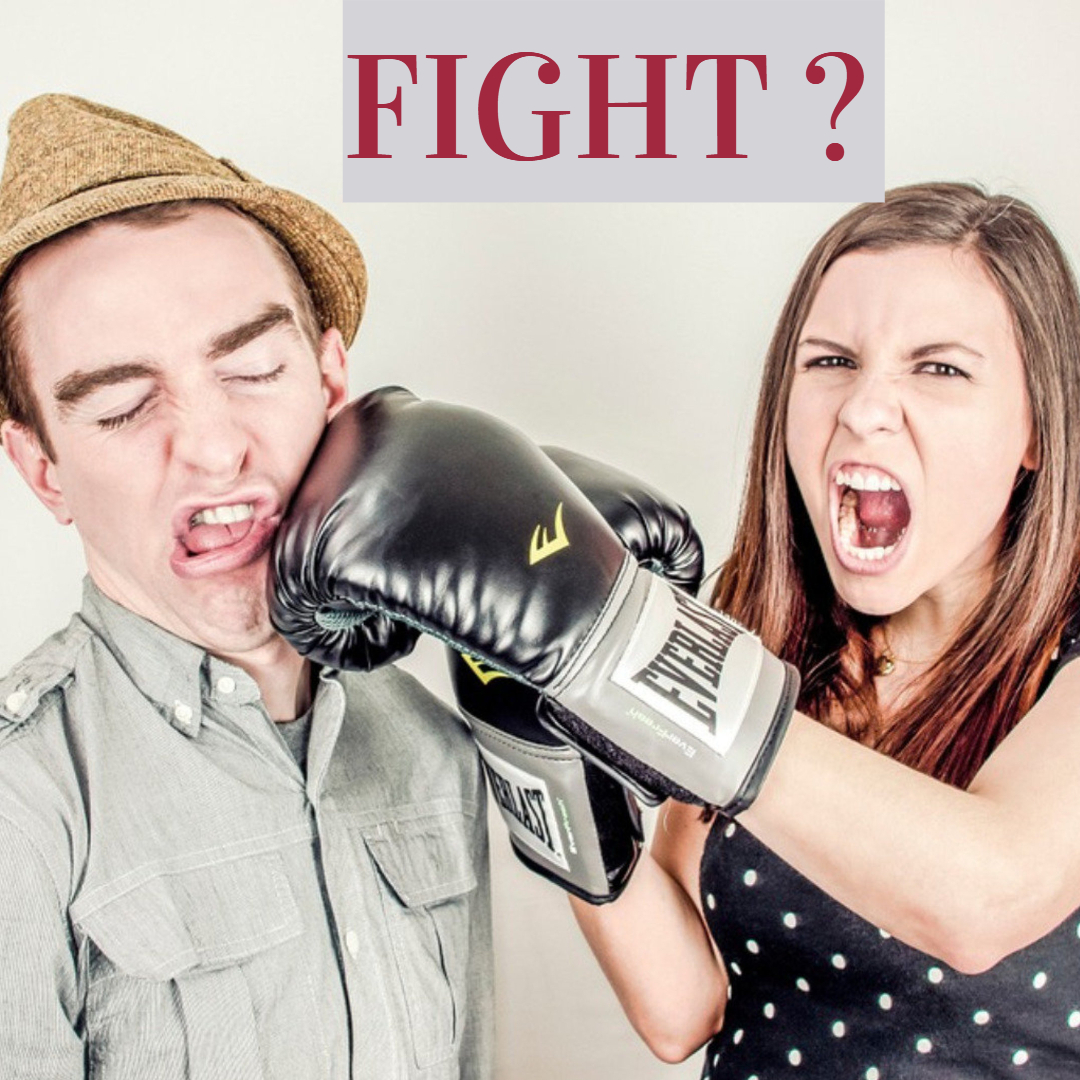Who’s to Blame?
NO ONE
In a relationship,
whether business or romantic
It’s natural to feel angry or sad or
a mix of both
After all, if you really care
for the person and/or
the relationship,
you will want happy,
productive, meaningful,
fulfilling interactions
When a fight happens,
it soon becomes “the” fight
We want to ascribe blame and
cause to the other person or
sometimes, even self-flagellate and say
“I am the one to blame”
What is necessary is to recognize and appreciate such an event
as necessary for
the robustness of the relationship
“What? we just fought over who will have the remote or
We just fought over whose face comes on the left of the website
And how is that necessary?”
Great, if you feel it’s that trivial, why did you fight?
And the answer lies in the WHY
The fights always point to some conversations
which need to happen
but are not happening
which are happening
but one person is not listening
which are happening
but one person is not able to communicate
Jerry Colonna simplifies by asking these questions
- “What am I not saying that needs to be said?”
- “What am I saying that’s not being heard?”
- “What’s being said that I’m not hearing?”
They make you aware of
your role in the conversation
It also builds empathy
for the other person and
to see things from
the other person’s perspective
which is vital for a successful relationship
And the killer question is this
“How have I been complicit in creating the conditions I say I don’t want?”
The idea is not to break
one’s bones by saying
“I am responsible for everything,
I am a bad person”
but to recognize the inner game that we play
“What’s that?”
We say we don’t want
something to happen
but we play a role in
making the same thing happen
Tough to accept but it happens
and Jerry is making us aware of it
Next time,
before you get into another fight
or want to avoid it,
ask those four questions
